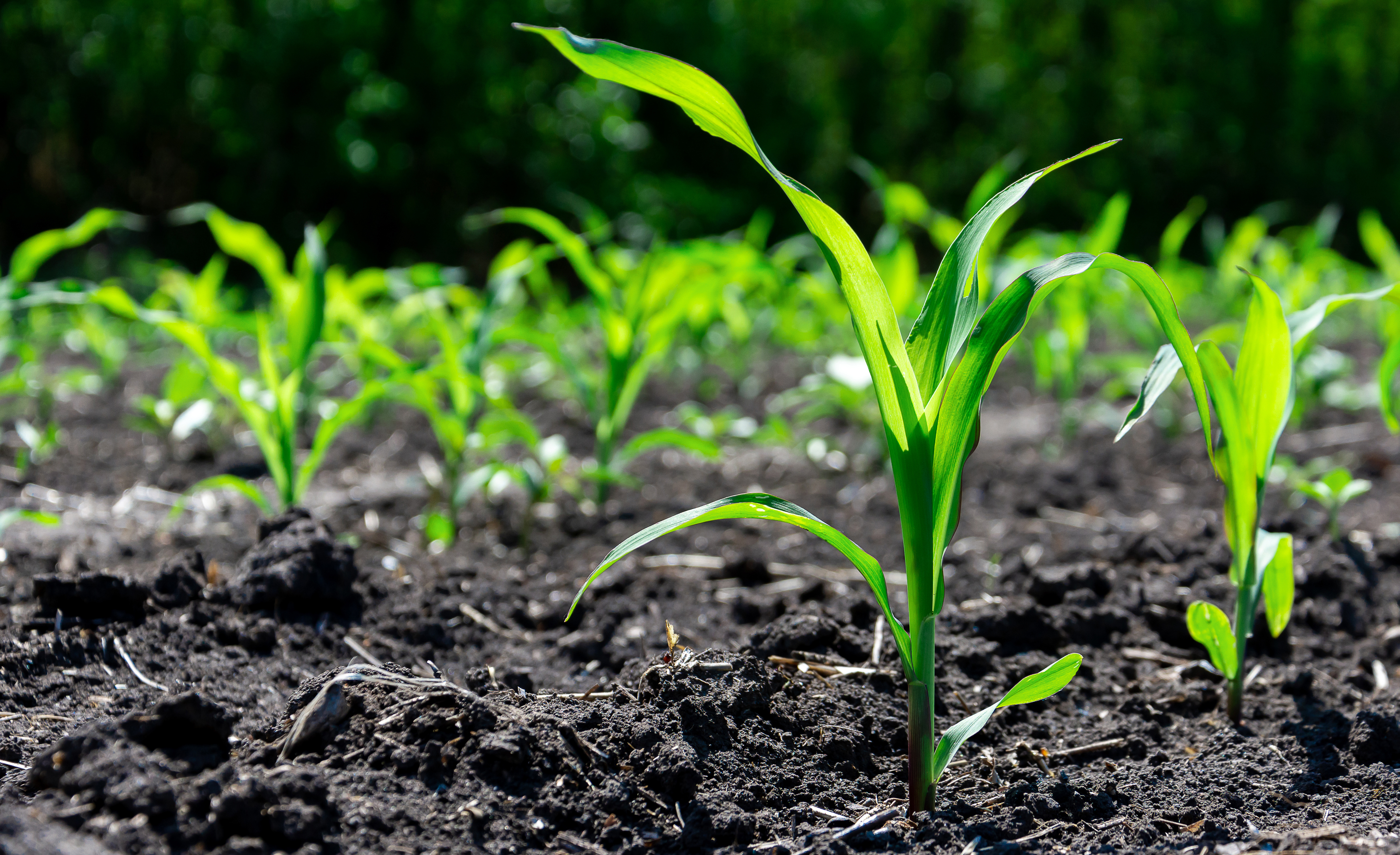



Soil restoration forms crucial component of Australia's green energy strategy
Australia's National Farmers Federation welcomes the Low Emissions Technology Statement (LETS), saying that enhancing soil carbon will allow the agriculture sector to contribute to Australia's emissions goals.Australia's Minister for Energy and Emissions Reduction listed enhancing soil carbon as one of five priority technologies that could drastically reduce Australia's emissions. The NFF welcomed the focus on better measurement technology, describing efficient measurement as the "holy grail".
“A $18 billion investment over the remainder of the decade is serious funding for this crucial policy area,” NFF CEO Tony Mahar said.
“It is pleasing to see agriculture’s role in emissions reduction and sequestration at the heart of the strategy. We also welcome the focus on a vibrant future for our regions including job creation.”
The LETS focuses on four categories of technology: the key categories for agriculture are the "priority low emission technologies" and "emerging and enabling".

“It is also fantastic to see that the wicked problem of soil carbon is one of the five priority low emission technologies.
“Achieving cost efficient soil carbon measurement is difficult, the stretch target of $3 per hectare per year for soil measurement is a substantive reduction on what current technology can provide.
“At the moment farmers almost need to access a grant just to undertake the measurement due to the labour and time intensive core sampling process required under the Emissions Reduction Fund methodology, such is the cost.”
Mr Mahar said quality and efficiently-collected data would significantly contribute to the holy grail of better understanding what impacts soil carbon levels and how to better manage these outcomes.
“Farmers look forward to being engaged in the adoption of new technologies and the consideration of the practical and business outcomes they provide for agriculture.”
The NFF has a goal for farm energy sources to be 50 percent renewable by 2030 and for agriculture to be trending towards carbon neutrality by the same year.
“The strategy behind the LETS will provide significant support for those goals,” Mr Mahar said.
Speaking at the National Press Club, Minister Taylor said the statement targeted 130,000 jobs by 2030, with a strong focus on jobs in the the regions and in traditional industries such as agriculture, manufacturing and resources.
“In the NFF’s plan for agriculture to accelerate Australia’s COVID-19 recovery, we call for a bona-fide plan for, and investment in, a sustainable and vibrant future for regional Australia.
“The Statement released and Minister’s Taylor’s comments certainty speak to this goal.”
Mr Mahar said other areas of the Statement that would be advantageous to agriculture were the focus on clean hydrogen, electric and hydrogen vehicle refuelling infrastructure and low emission energy systems.
“The NFF has conditionally supported an economy-wide aspiration of net carbon zero by 2050. The Government continues to build momentum towards such an outcome with announcements like today’s.”


